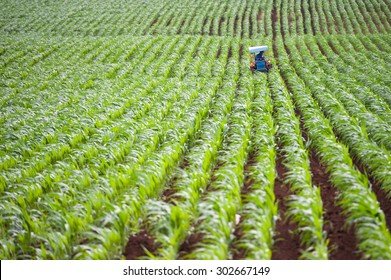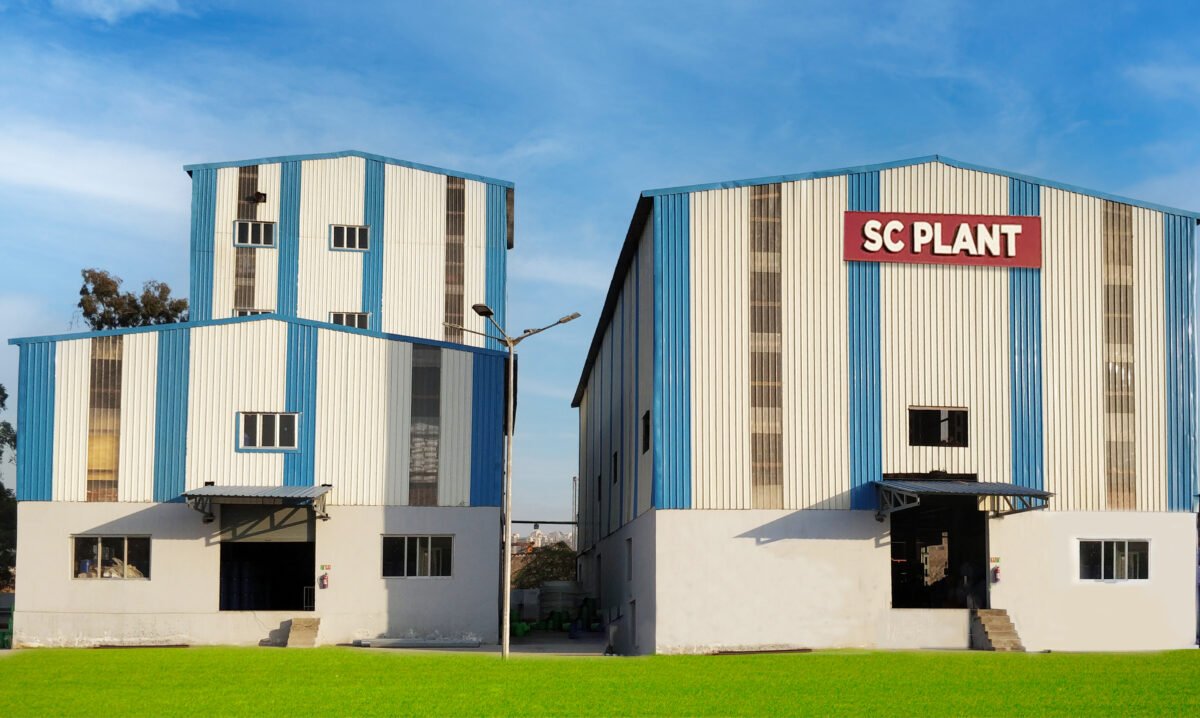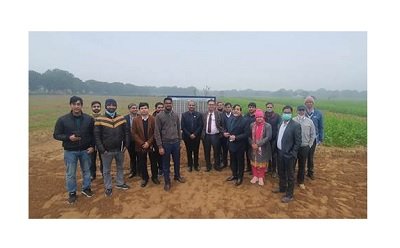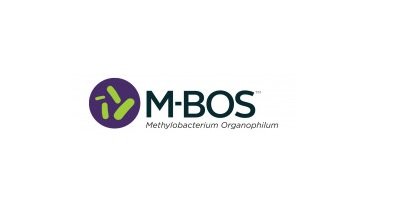The earlier notification was valid till March 31, 2022
In an effort to further cool down the prices of edible oils, the government has taken various steps, the latest being an Order notified by the Government on February 3, 2022 specifying the stock limit quantities on edible oils and oilseeds upto June 30, 2022.
The government had earlier notified the stock limits on edible oils and oilseeds vide its order dated October 8, 2021, and it is valid up to March 31, 2022. However, the quantities of stock limits of oils and oilseeds were left to be decided by the states/UTs on the basis of available stock and consumption pattern.
On review of this order, it was observed that only six states viz. Uttar Pradesh, Karnataka, Himachal Pradesh, Telangana, Rajasthan and Bihar had imposed the stock limit order in pursuance of the Central Order in their state. Since the implementation of stock limits across all states/UTs is necessary to transfer the full benefit of price control to end consumers, the Union Government has vide its Order dated February 3, 2022, specified the quantities of stock limits of edible oils and oilseeds for all States/UTs except the above mentioned six states.
Consequent to this reduction, the total duty is now 7.5 per cent for crude palm oil and 5 per cent for crude soyabean oil and crude sunflower oil. The basic duty on RBD Palmolein Oil has been slashed to 12.5 per cent from 17.5 per cent recently. The basic duty on refined soybean and refined sunflower oil has been slashed to 17.5 per cent from 32.5 per cent. It was observed that the maximum benefit of rationalisation of duty had not been passed on to the end consumers and this latest initiative of the government is another step in this direction.
For edible oils, the stock limit would be 30 quintals for retailers, 500 quintals for wholesalers, 30 quintals for retail outlets of bulk consumers i.e. big chain retailers and shops and 1000 quintals for its depots. Processors of edible oils would be able to stock 90 days of their storage capacities.
For edible oilseeds, the stock limit would be 100 quintals for retailers, 2000 quintals for wholesalers. Processors of edible oilseeds would be able to stock 90 days of production of edible oils as per daily input production capacity.
Exporters and importers have been kept outside the purview of this order with some caveats. The order further states that in case the stocks held by respective legal entities are higher than the prescribed limits then it has to be declared on the portal (https://evegoils.nic.in/eosp/login) of the Department of Food & Public Distribution and bring to the prescribed stock limits in this Control Order within 30 days of the issue of this notification.
The respective legal entities of the six states which have been exempted in this order are to follow the stock limits prescribed by the state administration and declare the same on the above-mentioned portal.
The above measure is expected to curtail any unfair practices like hoarding, black marketing etc. in the market which may lead to an increase in the prices of edible oils. The above would also contribute to a further reduction in prices by ensuring that the maximum benefit of the duty reduction is passed on to the end consumers.
The earlier notification was valid till March














